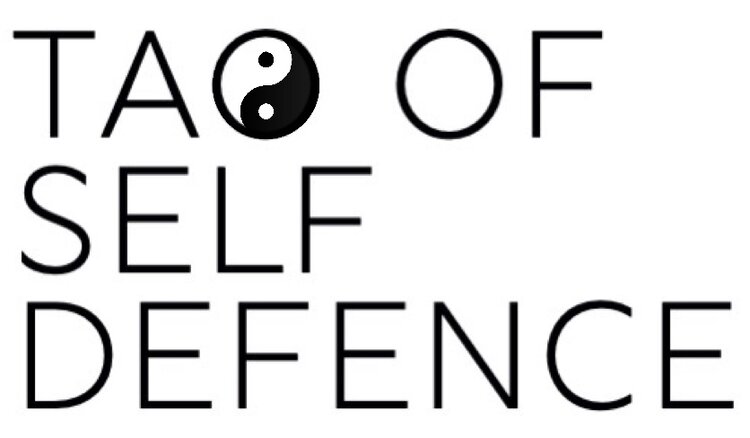Holistic Benefits of Gong Fu 功夫
In Chinese, the term gung fu (kung fu) refers to the development and training or honing of a skill.
To have gung fu is to be highly skilled at a particular art or craft.
Chinese martial arts takes an approach to the mind and body as working together as one unit. You cannot cultivate one's body without developing the mind, and vice versa. This holistic perspective of the body is unlike the paradigm of body-mind dualism, where the body is seen as a separate entity from the mind, which is a model of thinking that is predominant in the West.
Martial ability and qigong are the two sides of Chinese martial arts, and one cannot exist without the other. Qigong is the umbrella term for Chinese systems of physical meditation and breath control exercises. It is incorporated in gong fu practice. Qigong can be practiced anywhere. Health professionals have recommended qigong for not just mental health but overall health, including conditions such as Parkinson’s Disease, as the evidence of its benefits have been scientifically shown through empirical research. I teach qigong based on Yiquan 意拳 cultivation practices, a type of internal Chinese martial art.
Practicing Chinese martial arts is also an excellent way to (re)connect and engage with the rich history of Chinese culture. These arts have been cultivated for thousands of years and are embedded within systems of Chinese notions of martial virtue and respect.
The physical benefits of gong fu include but are not limited to the following:
Improved posture, coordination, proprioception, functional movement, blood circulation, and kinaesthetic awareness.
A heightened awareness and improved coordination of the body, improve one’s ability to move efficiently, and minimize unnecessary tension in the body.
The psychological benefits are similar to those effects gained through meditation, such as an improved ability to stay relaxed during stressful situations and help cultivate one’s work ethic and focus.
These benefits have been supported and shown through rigorous empirical research and clinical studies, I have amalgamated some of these studies and have highlighted relevent sections from these articles here for further reading.
Click here to learn about my classes, I offer a free 45-minute intro class.
Stuart MacFarlene’s scholarly article encapsulates some of the psycho-social benefits of martial arts like Wing Chun:
"Bodily awareness in the Wing Chun system" Religion 19.3 (1989): 241-253.
.…an essential element of Wing Chun training is the overcoming of stress, fear, and anger. Therefore the Wing Chun practitioner is less likely to over-react violently to provocation. Also, as an integral part of their training, serious practitioners of Wing Chun (or any martial art) should have overcome any pathological desire to prove themselves through violence. Finally, by exercising his/her awareness and sensitivity, the Wing Chun practitioner (and any serious martial artist) should be attuned to any danger-points where violence may threaten to erupt, and by exercising her/his control, equilibrium, and confidence, forestall or prevent the conflict or violence from occurring. Many martial artists are familiar with such instances where calmness and quick-thinking have defused situations that could have led to violence.

